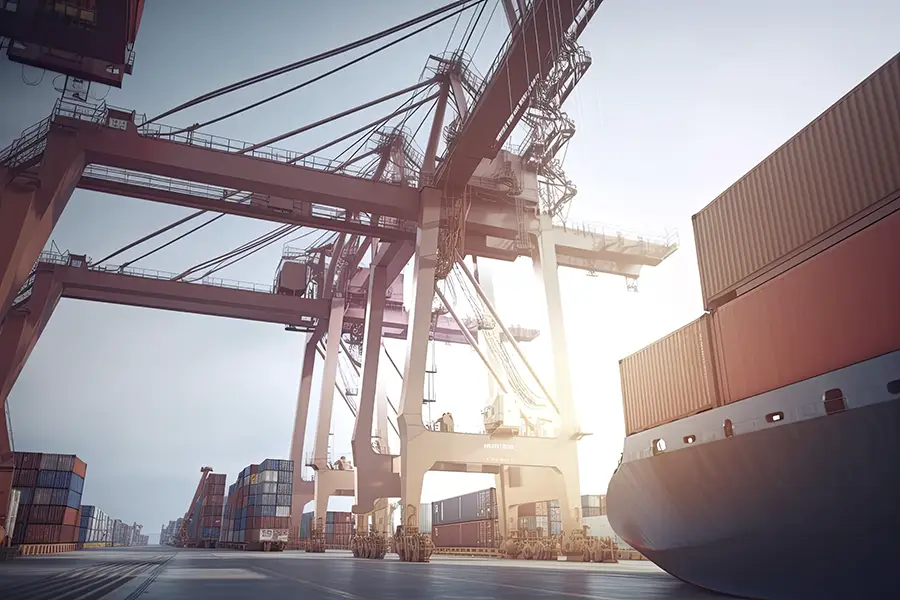In a context of rising exports, and with these generating practically half of GDP growth in Spain, foreign trade is presented as one of the country’s battering rams to boost its economic and social growth. According to the Institute of Foreign Trade (ICEX), there were almost 190,000 exporters in Spain in 2022 – the last year available -, of which more than 57,000 are recurrent and who practically carried out 90% of the operations. And, on the other hand, there are 94,000 companies that debuted or restarted their export activity. Taking into account that Spain is a country of SMEs, many of them will have such consideration.
Exports are, therefore, key because they allow companies not to depend on a single market and to diversify their activity, but not everything is as “simple” as selling a product or service in another market. There are processes and bureaucracy and an error in the paperwork can generate extra costs and even double the price of transport. Therefore, exporting is an activity that increases income, but it must be profitable.
For those 94,000 companies that are starting or restarting their export activity, it is key to know what is needed in terms of documentation and procedures, and to do so in advance so that bottlenecks and extra costs that jeopardize the profitability of the transaction are not generated.
IN THE BEST HANDS
Relying on a logistics operator is the best option because it has the knowledge of each country, since the rules of the game between one and another can be very different, as well as the regulatory changes themselves. In addition, it is easy to reach hundreds of documents in an export process, including insurance, and the interlocutors are many and varied, from public administrations to private entities.
Hence the importance of using a logistics operator that advises and takes the reins of the export process. Not only that, as companies that cover a large part of the value chain, they have experience and negotiating power to deal with transport operations, whether by land, sea or air, and obtain better conditions to gain in efficiency and profitability.
All this in a context that is already uncertain due to volatile situations such as, for example, the current conflict in the Middle East, which is affecting traffic through the Red Sea and through the Suez Canal, forcing us to look for longer alternative routes, such as going around the African continent from the south, with the increase in costs that this entails. This type of disruption can lead to increases in the cost of maritime transport of 200% in just a few weeks.
Doesn’t an entrepreneur use a tax advisor or a management company? It is about putting yourself in the best hands and the best invested money is that which allows you to focus on what you know and leave in others, in expert hands, what takes up time and generates worries.
Juan López-Dóriga, director de proyectos de BERGÉ
